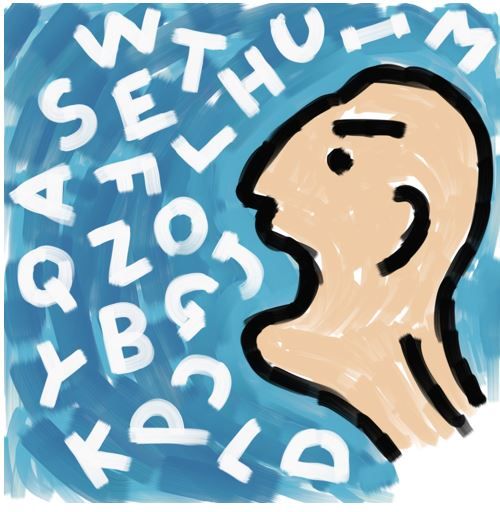- Clinical Technology
- Adult Immunization
- Hepatology
- Pediatric Immunization
- Screening
- Psychiatry
- Allergy
- Women's Health
- Cardiology
- Pediatrics
- Dermatology
- Endocrinology
- Pain Management
- Gastroenterology
- Infectious Disease
- Obesity Medicine
- Rheumatology
- Nephrology
- Neurology
- Pulmonology
FDA Approves Brexpiprazole for Agitation Associated with Alzheimer Dementia
©Robodread/Shutterstock.com

The US Food and Drug Administration (FDA) on May 10, 2023, approved a supplemental new drug application (sNDA) for brexpiprazole (Rexulti; Otsuka/Lundbeck) for the treatment of agitation associated with dementia due to Alzheimer disease (AD).
The approval makes brexpiprazole, an atypical antipsychotic, the first and only treatment approved in the United States for this common neuropsychiatric symptom of AD, which is reported in nearly half of those with Alzheimer dementia, according to a joint Otsuka/Lundbeck statment. In addition to the significant impact on quality of life for patients, the condition is one of the most stressful aspects of caring for the condition, affecting family and caregivers.
“Today marks a major milestone for patients, caregivers and families navigating the complexities of agitation associated with dementia due to Alzheimer’s disease,” Makoto Inoue, Otsuka president and representative director, said in the release. “Otsuka Pharmaceutical will continue its efforts to engage and provide options for those impacted by this devastating condition.”
The FDA in January 2023 granted priority review for the sNDA and in April a review by 2 FDA advisory committees resulted in a 9-to-1 vote in support ofthe filing, ruling that the evidence for the benefit of brexpiprazole in treatment for agitation associated with Alzheimer’s dementia outweighed the risks.
The sNDA submission was based on 2 positive phase 3, randomized, double-blind, placebo-controlled fixed-dose studies, one evaluating brexpiprazole 2 mg/day and the second evaluating 2 and 3 mg/day. Each met the primary endpoint of change from baseline to week 12 in frequency of agitation symptoms based on a validated inventory, proving statistically superior to placebo in the first, and showing statistically significant improvement compared with placebo in the second, according to the statement.
Participants treated with brexpiprazole achieved a 31% greater reduction from baseline in frequency of agitation symptoms compared with placebo, the companies said. Data also indicate treatment with brexpiprazole is well-tolerated with few discontinuations and a safety profile consistent with its use in other indications.
Brexpiprazole was approved by the FDA in In July 2015 as monotherapy for adults with schizophrenia and as an adjunctive treatment for adults with major depressive disorder. In January 2022 it was approved for treatment of schizophrenia in pediatric patients aged ≥13 years.
Brexpiprazole carries a black box warning for an increased mortality risk in elderly individuals with dementia-related psychosis as well as increased risk of suicidal thoughts and behaviors in individuals aged ≤24 years using antidepressant therapy.
